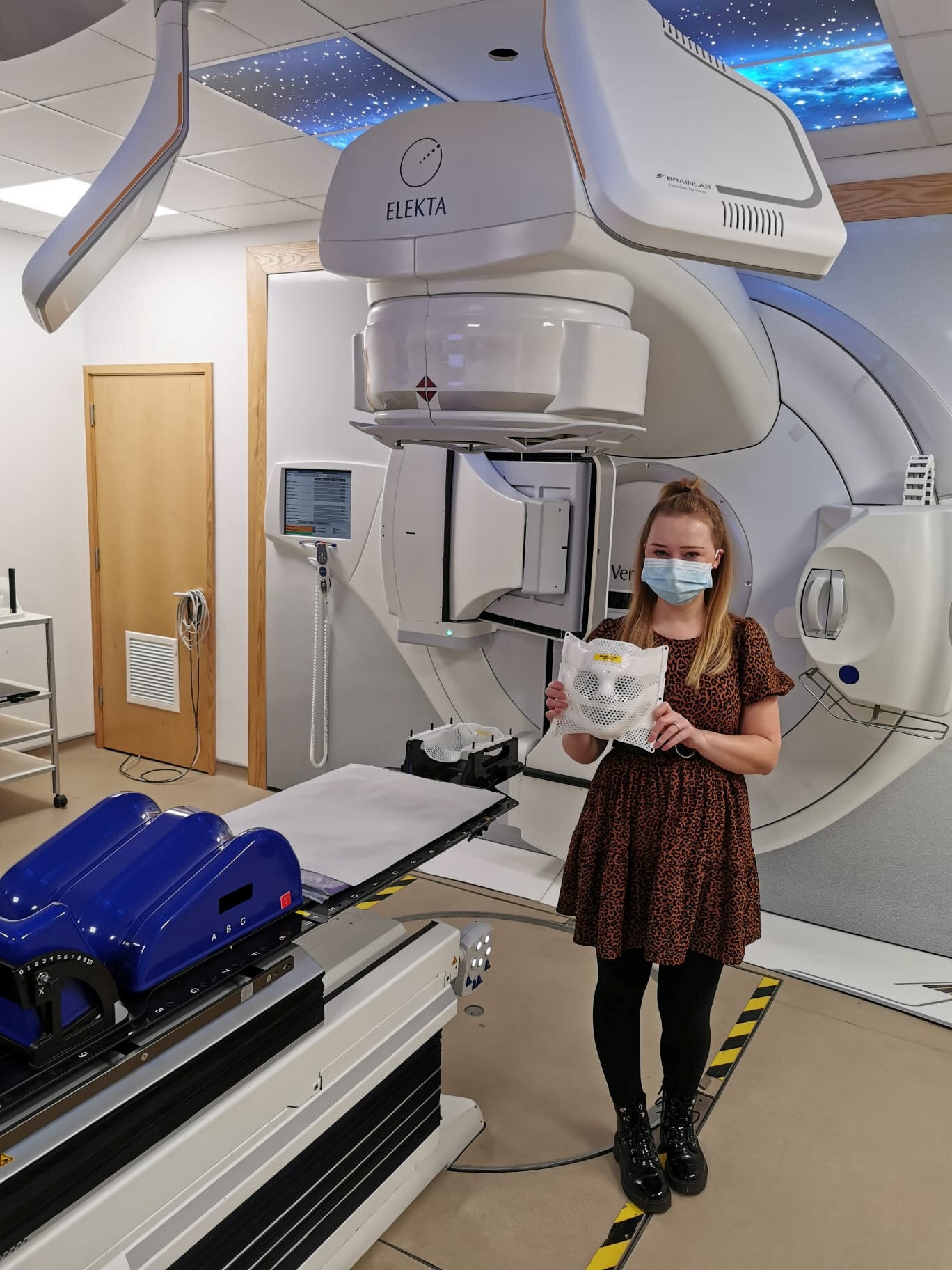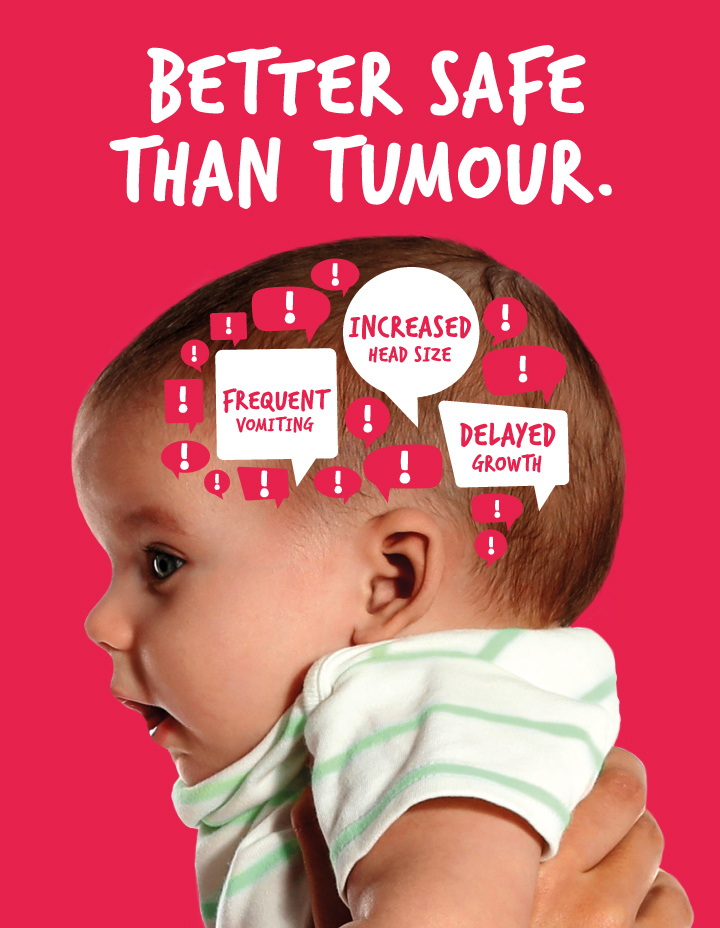Could a simple eye examination hold the key to detecting a life-threatening condition? The answer, surprisingly, is yes: routine eye tests can be instrumental in identifying brain tumors, potentially saving lives through early detection and intervention.
The human eye, often considered a window to the soul, also provides a unique vantage point into the brain's health. The optic nerve, directly connected to the brain, can reveal crucial information about intracranial pressure and other neurological abnormalities. This is the reason why regular eye exams are not just about vision correction; they are a proactive measure for overall well-being, capable of detecting a range of health issues, including, alarmingly, brain tumors.
| Category | Details |
|---|---|
| Condition | Brain Tumor |
| Symptoms Detected Through Eye Exam |
|
| Mechanism of Detection | Increased intracranial pressure from a brain tumor can impact the optic nerve, which can be observed during an eye exam. Furthermore, the tumor can directly affect the visual pathways, leading to visual disturbances. |
| Significance of Early Detection | Early diagnosis of a brain tumor significantly increases the chances of successful treatment and improved patient outcomes. Regular eye exams can identify subtle changes that might indicate a problem long before noticeable symptoms develop. |
| Additional Diagnostic Tests | If abnormalities are suspected during an eye exam, further imaging tests such as MRI (Magnetic Resonance Imaging) or CT (Computed Tomography) scans are usually required to confirm the presence and characteristics of a brain tumor. |
| Reference | Mayo Clinic: Brain Tumor |
The narrative of Katie Dunn, a beautician, is a compelling illustration of the critical role eye exams can play. Her routine eye test unexpectedly unveiled a brain tumor, a diagnosis that might have been delayed significantly without this proactive measure. This highlights a critical point: brain tumors can affect anyone, regardless of age or lifestyle, and often without any immediately obvious symptoms. The early detection facilitated by an eye exam in Dunn's case provided the opportunity for timely treatment, reinforcing the life-saving potential of this seemingly ordinary procedure.
The Brain Tumour Charity further underscores the value of eye tests in this context. According to them, eye tests can sometimes detect brain tumors before the onset of any noticeable symptoms, making regular check-ups paramount. Such statements emphasize a critical shift in perspective. Eye exams are no longer simply about ensuring clear vision; they are essential health screenings that can uncover underlying medical conditions, including life-threatening ones.
The detection of a brain tumor during an eye exam isn't just a matter of chance or coincidence; it's a result of the interconnectedness of the human body. Increased pressure within the brain, often caused by a tumor, can manifest in the eyes, specifically impacting the optic nerve. The eye doctor, during a comprehensive exam, examines the retina, blood vessels, and optic nerve, looking for any subtle changes that might indicate a problem. Swelling of the optic disc, known as papilledema, is one of the most significant indicators of elevated intracranial pressure, prompting immediate investigation.
Jenni Hayes, a 30-year-old working mother, faced a similar experience. She initially attributed her symptoms to stress, a common misdiagnosis that delays intervention. It was a routine eye test that led to the discovery of her brain tumor, underscoring the importance of regular eye exams, especially when experiencing unusual symptoms. Hayes' story is a clear example of how a proactive approach to healthcare can be life-altering.
Furthermore, the role of eye exams extends beyond the identification of brain tumors. They can also assist in the detection of other serious health conditions. Medical eye exams can detect various conditions, including signs of melanoma, leukemia, and, of course, brain cancer. The ophthalmologist's examination involves not just assessing visual acuity, but also evaluating the overall health of the eye and the surrounding structures, and the connections to the central nervous system. These comprehensive examinations can provide vital clues about the overall state of one's health.
The American Medical Association also recognizes the comprehensive nature of an eye exam. It's not just about vision; it is an assessment of overall health. Eye exams are a crucial component of a well-rounded health regimen, detecting a range of conditions that may otherwise go unnoticed. The eye doctor is equipped to recognize a number of conditions that might otherwise go unnoticed.
The process of detecting a brain tumor through an eye exam is not a standard, automated process. While a routine eye exam is beneficial, it is not designed specifically for detecting brain tumors. If abnormalities are detected during the eye exam, further investigations are necessary. Neuroimaging studies, such as MRI or CT scans, are essential for the definitive diagnosis of a brain tumor. These advanced imaging techniques provide a detailed view of the brain, allowing doctors to pinpoint the location, size, and characteristics of the tumor.
In conclusion, the simple act of undergoing a routine eye exam can provide crucial insights into one's overall health. While eye exams are not a direct diagnostic tool for brain tumors, they can identify subtle changes that may suggest underlying conditions. This underscores the importance of regular eye exams and the critical role they play in early detection and timely intervention. The stories of individuals like Katie Dunn and Jenni Hayes serve as powerful reminders of the potential of these simple exams to save lives.



